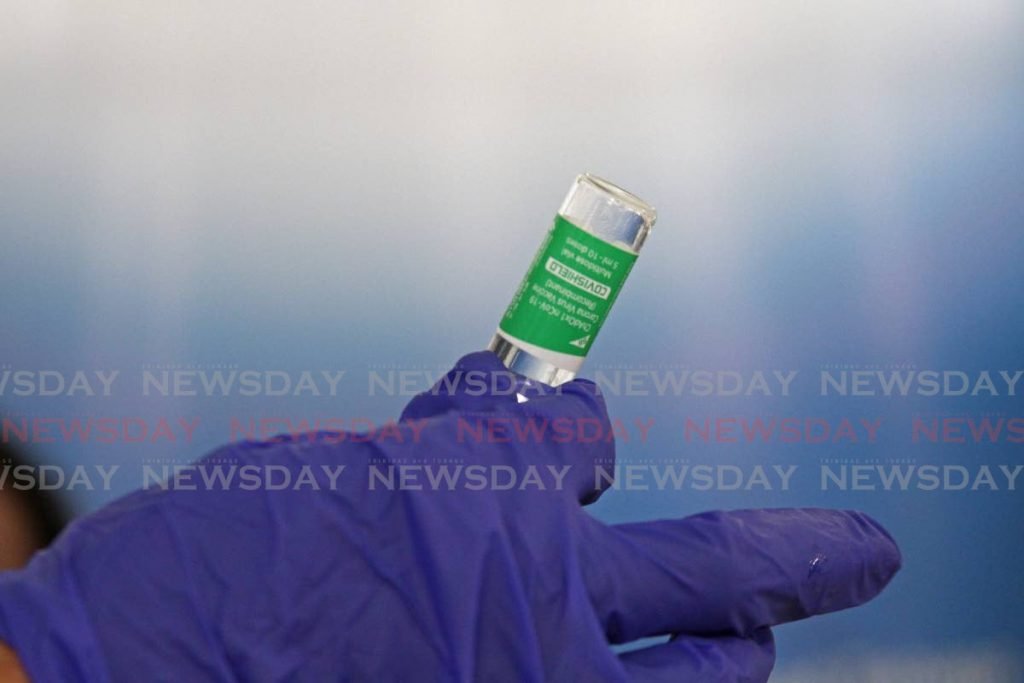A passage to India

IN ALL the recent instances of wrangling over vaccines from India, a key issue has been left unaddressed.
The heated reactions to both Health Minister Terrence Deyalsingh’s mischaracterisation of the custody chain of vaccines donated by Barbados and Opposition Leader Kamla Persad-Bissessar’s letter to the Indian Prime Minister have deflected attention from a more profound diplomatic quandary which this country faces – as well as Caricom as a whole.
Last month, Mr Deyalsingh apologised after wrongly stating 2,000 jabs donated by Barbados had come from India. Those vaccines were, in fact, a gift from Barbados. India had donated 100,000 vaccines to Barbados, and out of these, Barbados donated 2,000 to this country.
Caricom has, however, thanked PM Narendra Modi for a donation of 500,000 “to the Caribbean community.”
Mrs Persad-Bissessar has been criticised by the Government, which claims protocol has been breached in her direct entreaty to Mr Modi. At the same time, her defenders have said her role as Opposition Leader justifies this move and have suggested her background as a former PM who once visited India might advance this country’s cause.
What nobody is talking about is whether it is appropriate for anyone to accept India’s philanthropy in the first place, given the dismal record of Mr Modi. Why is this country, and Caricom as a whole, content to allow itself to be a pawn in India’s soft diplomacy game?
Every little counts. We undoubtedly need as many vaccines as we can get. But by accepting India’s generosity or by simply courting it, we inadvertently allow ourselves to be used to prop up Mr Modi – a figure whose tenure has been widely recognised as one that has seen the erosion of democratic norms.
No one is talking about Mr Modi’s record on Muslim-majority Kashmir, which saw him lock down millions, cutting off their internet connections, imposing military curfews. Nor is mention being made of the Indian prime minister’s right-wing, Hindu (in a secular country), nationalist, Donald Trump-style politics.
It has seemingly escaped the attention of many that Mr Modi's government has harassed, arrested, and prosecuted rights defenders, activists, journalists, students, academics and critical voices.
In response to months of protests by Indian farmers against new farm laws, Mr Modi has this year also continued a pattern of suppression. Even Rihanna, the Barbadian pop star and entrepreneur, has highlighted the farmers’ cause on Twitter.
This is the backdrop to India’s blowing of kisses to our region. The vaccines might be free, but what is the price of our capitulation to India’s generosity?
The lack of an adequate supply of covid19 jabs poses a clear and present danger to the region. But some would argue it is equally risky to make a deal with the devil.


Comments
"A passage to India"